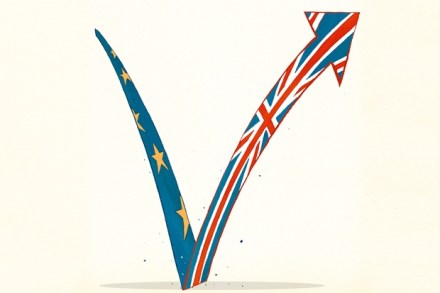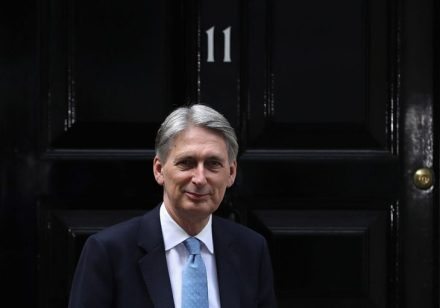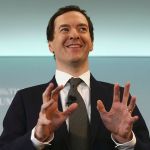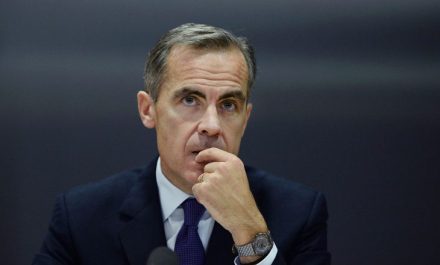What the papers say: Britain’s defence spending isn’t enough
A key part of Theresa May’s strategy for wooing Donald Trump was making it clear that Britain was pulling its weight with funding Nato, with the PM calling on other countries to match the two per cent of GDP that Britain spent on defence so ‘that the burden is more fairly shared’. The report from the International Institute for Strategic Studies that the UK had, in fact, missed this target was potentially explosive then – and it’s no surprise the MoD stepped in quickly to bat away the claims. But whether too much or too little, the amount of money spent on military matters is the talking point in many








